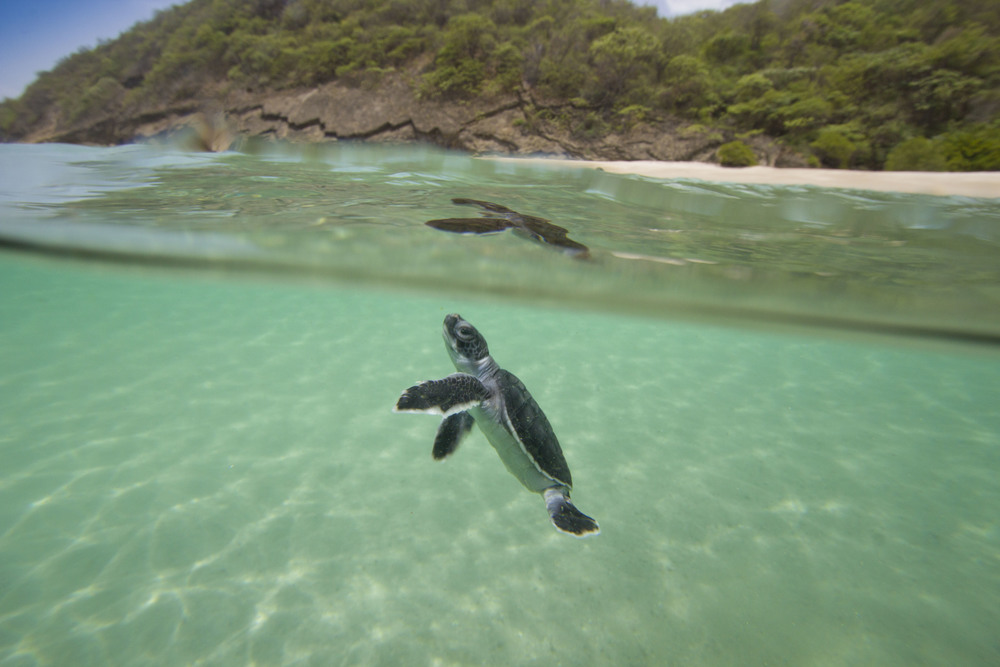Enjoy The Perks.
Your donation will help protect threatened turtles and tortoises and their habitats around the world. Your donations will sustain the global mission of turtle conservation and habitat protection.
The Marine Turtle Foundation is a organization to which gifts are tax-deductible.
Marine turtles, also known as sea turtles, are fascinating and ancient creatures that play crucial roles in marine ecosystems. There are seven distinct species of marine turtles, each with unique characteristics and habitats:
Green Turtle (Chelonia mydas): Recognized by its large, smooth carapace and greenish color. Primarily herbivorous, found in tropical and subtropical waters. Known for long migrations between feeding grounds and nesting beaches.
Loggerhead Turtle (Caretta caretta): Characterized by a large head and powerful jaws, feeding mainly on hard-shelled prey. Inhabits the Atlantic, Pacific, and Indian Oceans, often in coastal bays and estuaries.
Leatherback Turtle (Dermochelys coriacea): The largest and most unique, with a leathery carapace instead of a hard shell. Distributed globally, known for deep dives and extensive migrations.
Hawksbill Turtle (Eretmochelys imbricata): Notable for its sharp beak and patterned shell, primarily feeds on sponges. Found in tropical reefs of the Atlantic, Pacific, and Indian Oceans. Critically endangered, largely due to demand for their shells.
Kemp's Ridley Turtle (Lepidochelys kempii): The smallest and most endangered, with a distinctive circular shell. Primarily found in the Gulf of Mexico and Atlantic coast of the U.S. Known for synchronized nesting called "arribadas."
Olive Ridley Turtle (Lepidochelys olivacea): Similar to Kemp’s Ridley but slightly larger with a more heart-shaped carapace. Mainly found in the Pacific Ocean, also in Indian and Atlantic Oceans. Known for arribadas.
Flatback Turtle (Natator depressus): Native to Australia, named for its flat carapace. Has the smallest migratory range of any marine turtle.
Each of these species plays a vital role in marine ecosystems. For example, Green Turtles maintain the health of seagrass beds and coral reefs, which benefit other marine life. Hawksbills help control sponge populations on coral reefs, which allows for coral growth. Loggerheads and Kemp's Ridleys consume prey that might otherwise destabilize marine food webs. Marine turtles face numerous threats, including habitat loss, climate change, entanglement in fishing gear, and poaching. Conservation efforts are crucial for their survival, which includes protecting nesting beaches, regulating fisheries, and raising public awareness about their plight. By understanding and appreciating the diversity and importance of marine turtles, we can better support conservation efforts to ensure their survival for generations to come.
